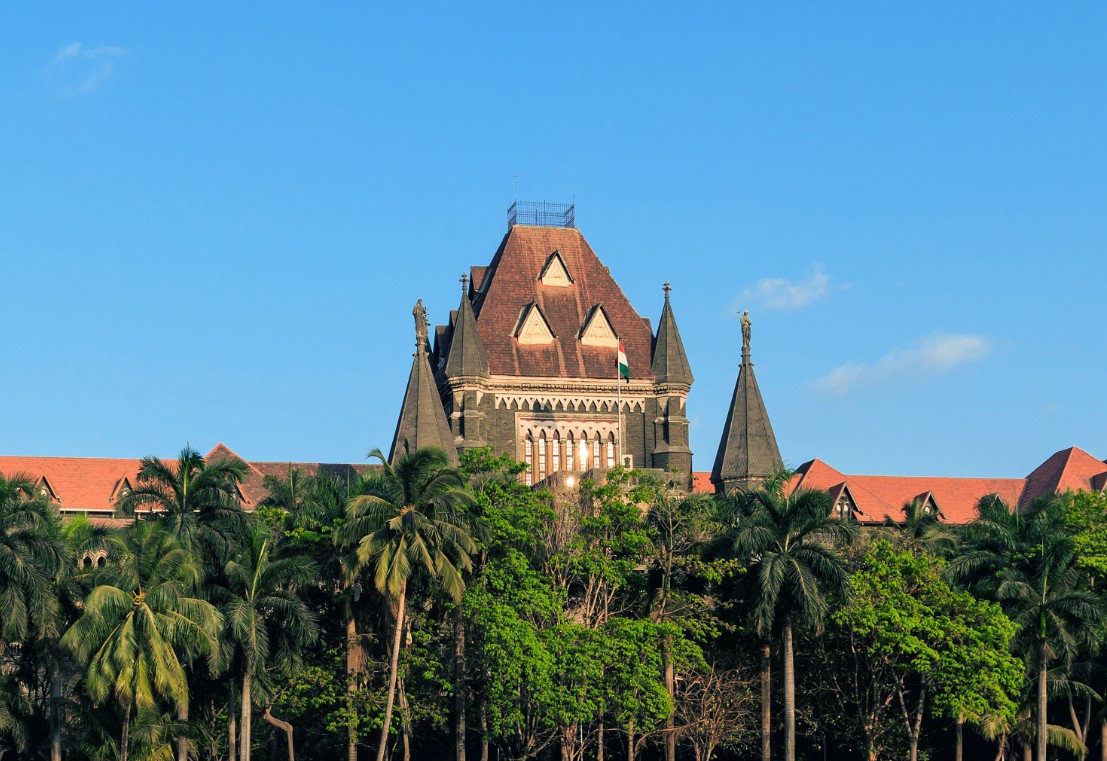If appeal by Revenue is revived at instance of assessee because of HC proceedings, it would not make it an appeal by assessee u/s 253 of I-T Act before ITAT: Bombay HC

Pankaj Bajpai
Mumbai, July 20, 2021: The Bombay High Court recently ruled that when an appeal by Revenue is revived at the instance of assessee because of its proceedings in the High Court, it can “by no stretch of imagination” make such appeal before ITAT an appeal by assessee under section 253 of the Income Tax Act.
The Division Bench of Justice Sunil P Deshmukh and Justice Abhay Ahuja observed that there is no doubt that appeal which is pending is Revenue’s Appeal, which has also all along in Form-1 as well as in Form-3 been referred to as an Appeal by the department.
In the whole process, what is resurrected under orders of the High Court is not the proceeding in ITAT by assessee, but of the Revenue preferred u/s 253, where the Revenue is Appellant, said the Bench.
“May be the Appeal by the Revenue is revived at the instance of assessee because of its proceedings in the High Court, but that would by no stretch of imagination make the appeal before ITAT, an appeal by assessee u/s 253 of the I-T Act,” said the High Court.
In the present case, the AO had made addition with respect to permanent establishment in the case of assessee (bank established in Netherlands) and consequently denied it benefits of the double taxation avoidance agreement (DTAA). The entire income was taxed at 40% instead of 10% as declared by the assessee. Then the matter was appealed to CIT(A) who deleted the additions.
Against the said deletions, the Department filed an appeal before the ITAT, which restored the matter back to the AO for fresh examination.
In the meantime, the assessee approached the High Court, which then restored the Revenue’s Appeal to the file of the Tribunal for a decision afresh on merits and in accordance with law. The matter is, therefore, pending before the ITAT for fresh adjudication and this is the dispute, which assessee is desirous of settling under the Direct Tax Vivad se Vishwas (DTVSV) Act.
The High Court found that reading of Section 3 of the DTVSV Act suggests that in the case of an eligible assessee, if it is a non-search case, then the amount that is payable would be 100% of the disputed tax; if it is a search case, then it would be 125% of the disputed tax. However, in a case where the Appeal is fled by the Income Tax authority, the amount payable shall be one-half of the amount calculated.
“What had been revived in the process, is the matter before ITAT which was preferred by the Revenue. The Appeal before ITAT was not filed by the assessee against order of CIT(A). Here it is the Revenue which went to ITAT against order of CIT(A). This Court had sent back the matter to ITAT and what was before ITAT is a matter by Revenue. Factually as well as in law it was Revenue’s matter which stands revived. It is also not the Revenue’s case that they have not accepted the said decision of this Court,” observed the Bench.
The Court said there is no doubt that the Appeal which is pending is Revenue’s Appeal, which has also all along in Form-1 as well as in Form-3 been referred to as an Appeal by the department.
Stating that the Revenue has completely misunderstood the facts, the High Court clarified that may be the Appeal by the Revenue is revived at the instance of assessee because of its proceedings in the High Court, but that would “by no stretch of imagination” make the appeal before ITAT, an appeal by assessee u/s 253 of the I-T Act.
Having observed that the pending Appeal is a Revenue Appeal, the first proviso of Section 3 of the DTVSV Act would become applicable and, accordingly, the amount payable by assessee would be 50% of the amount, the High Court said as it quashed and set aside Form-3.
Sign up for our weekly newsletter to stay up to date on our product, events featured blog, special offer and all of the exciting things that take place here at Legitquest.




Add a Comment